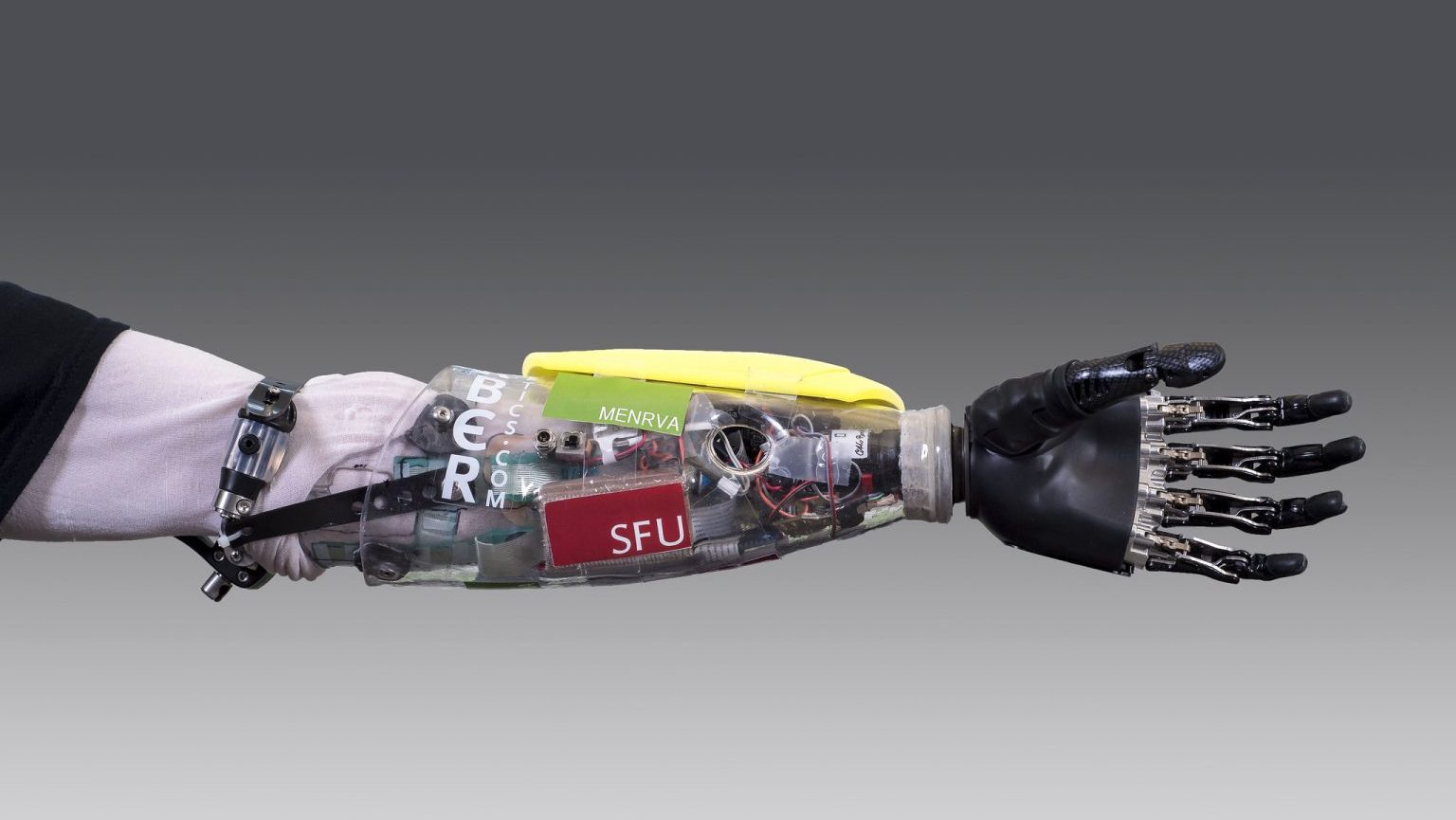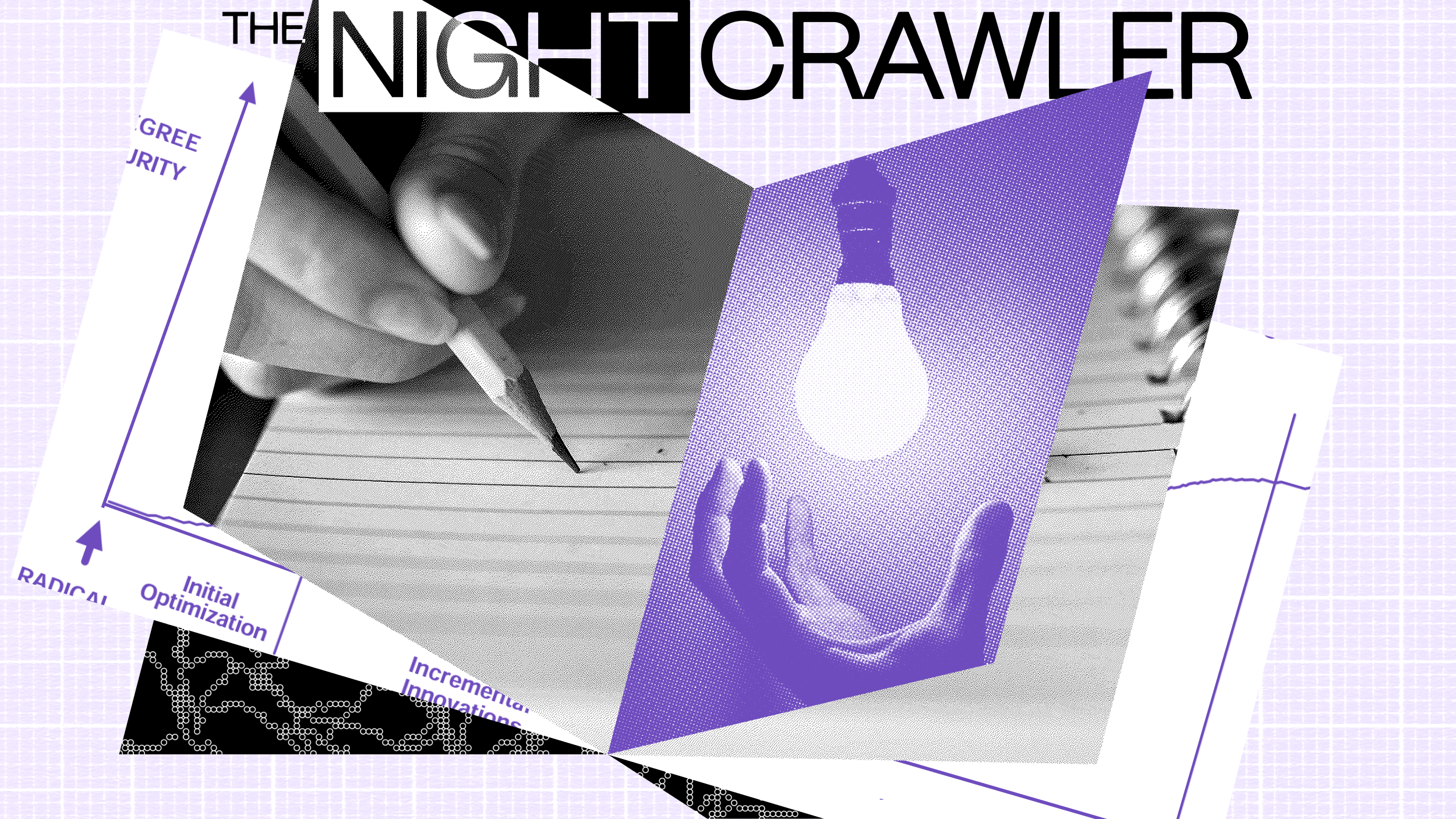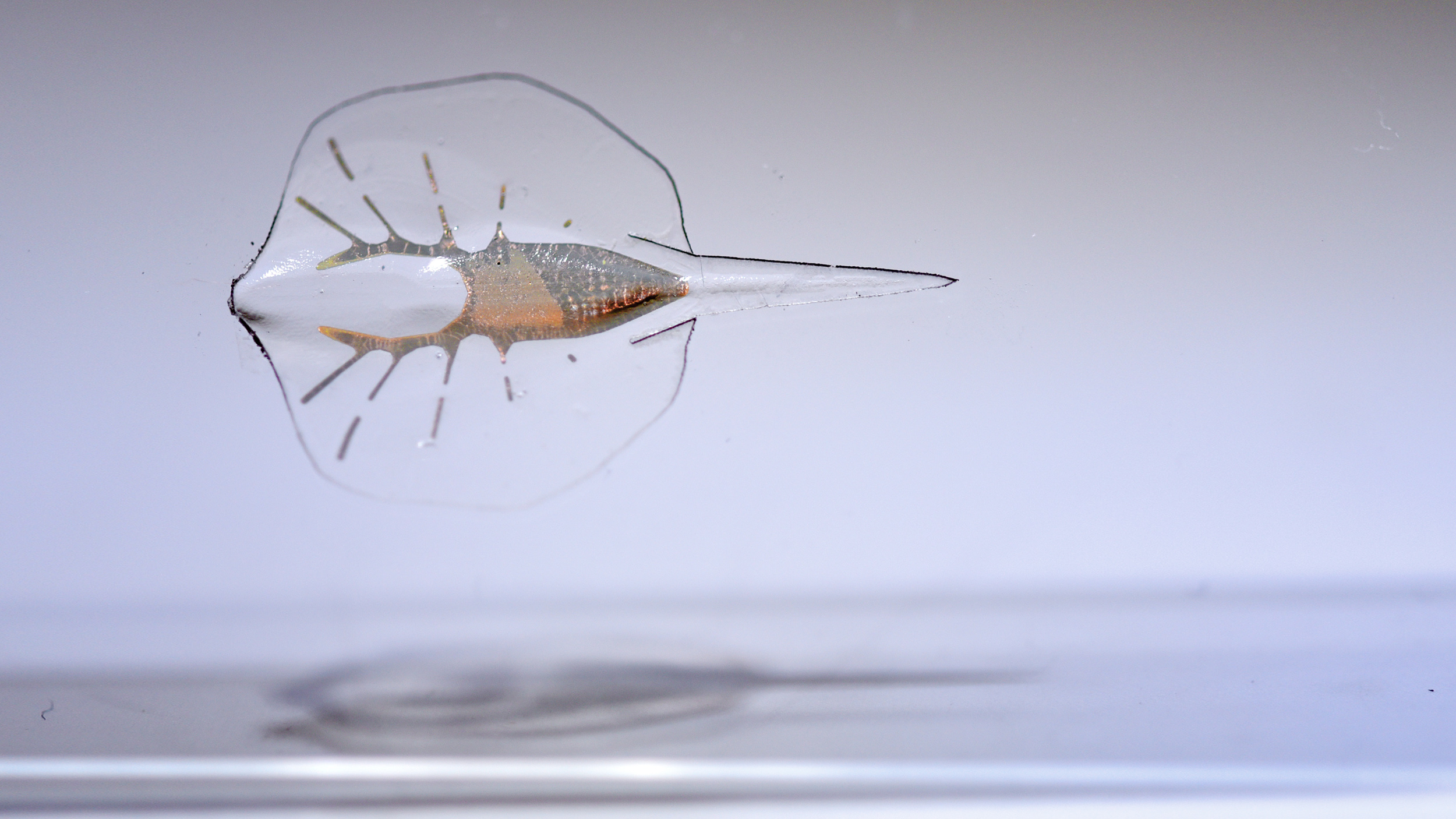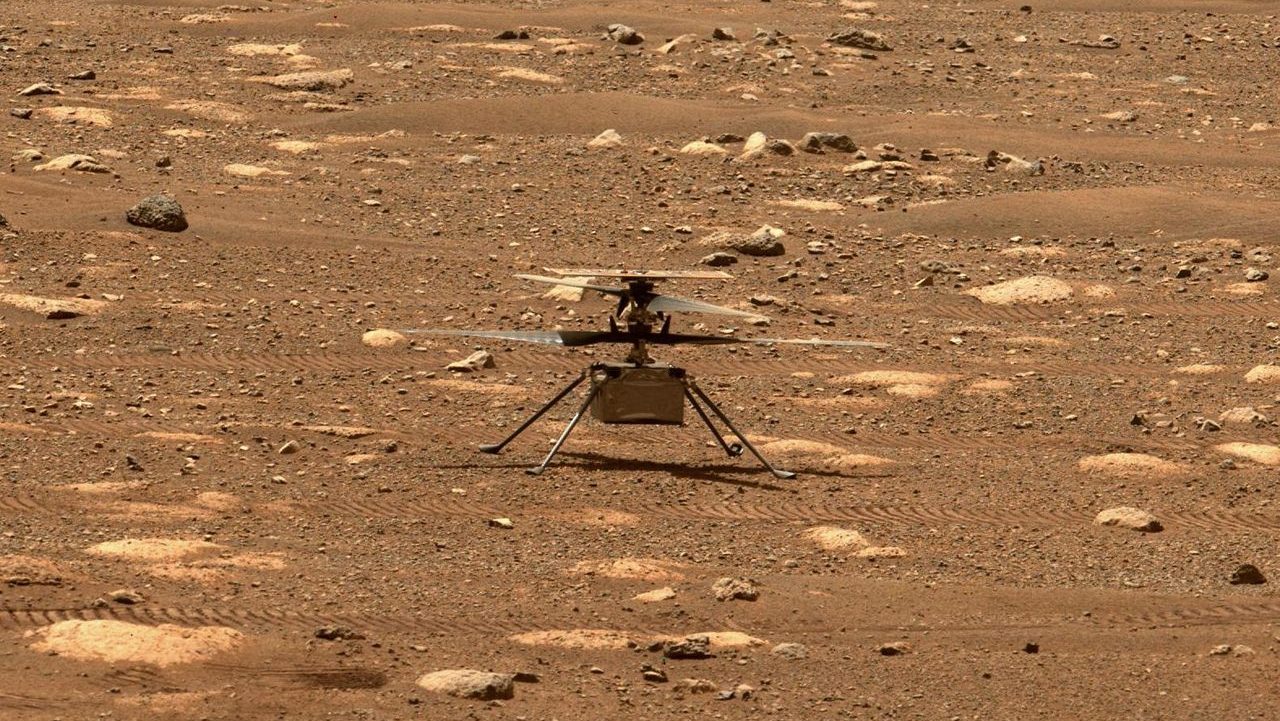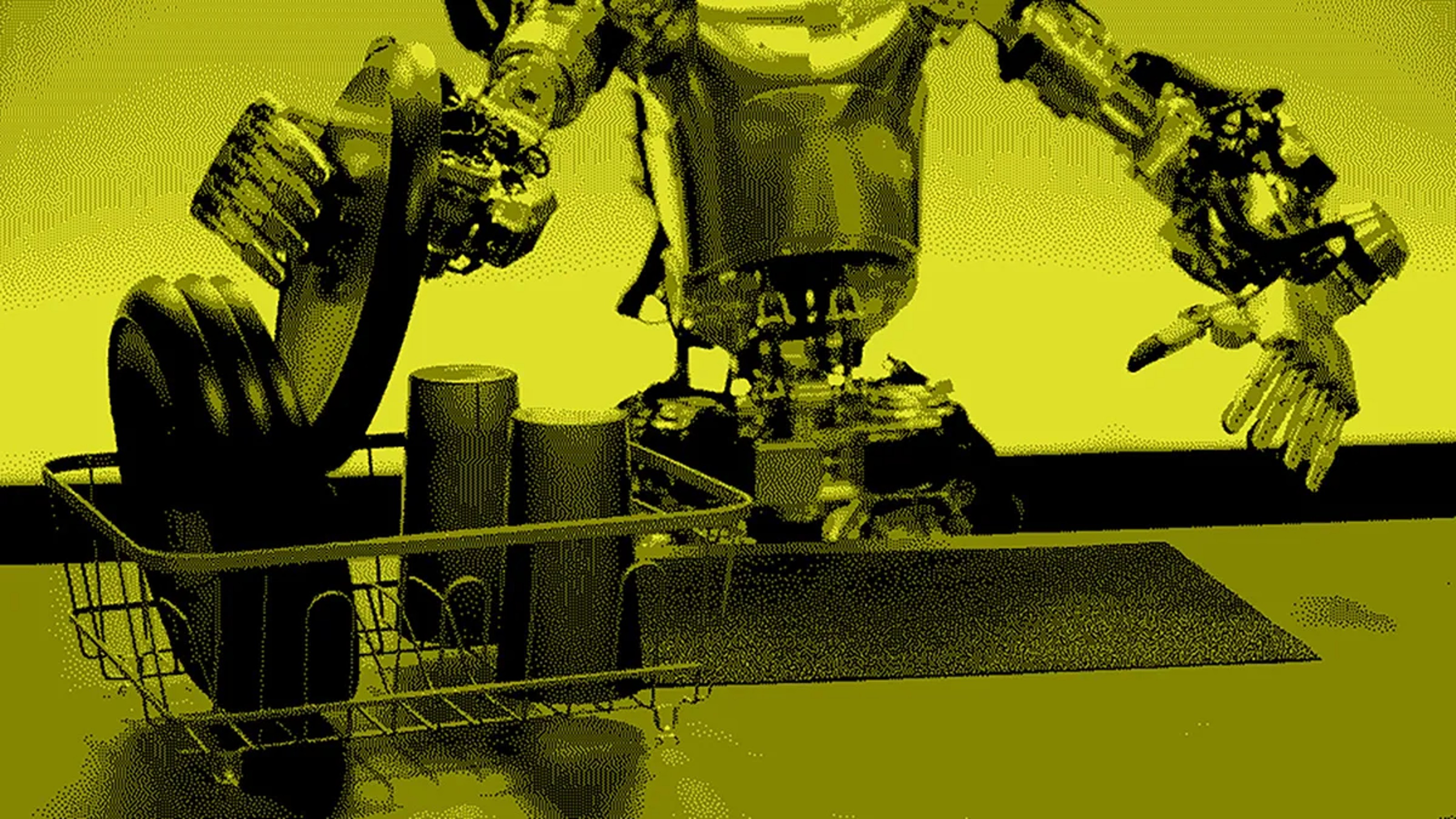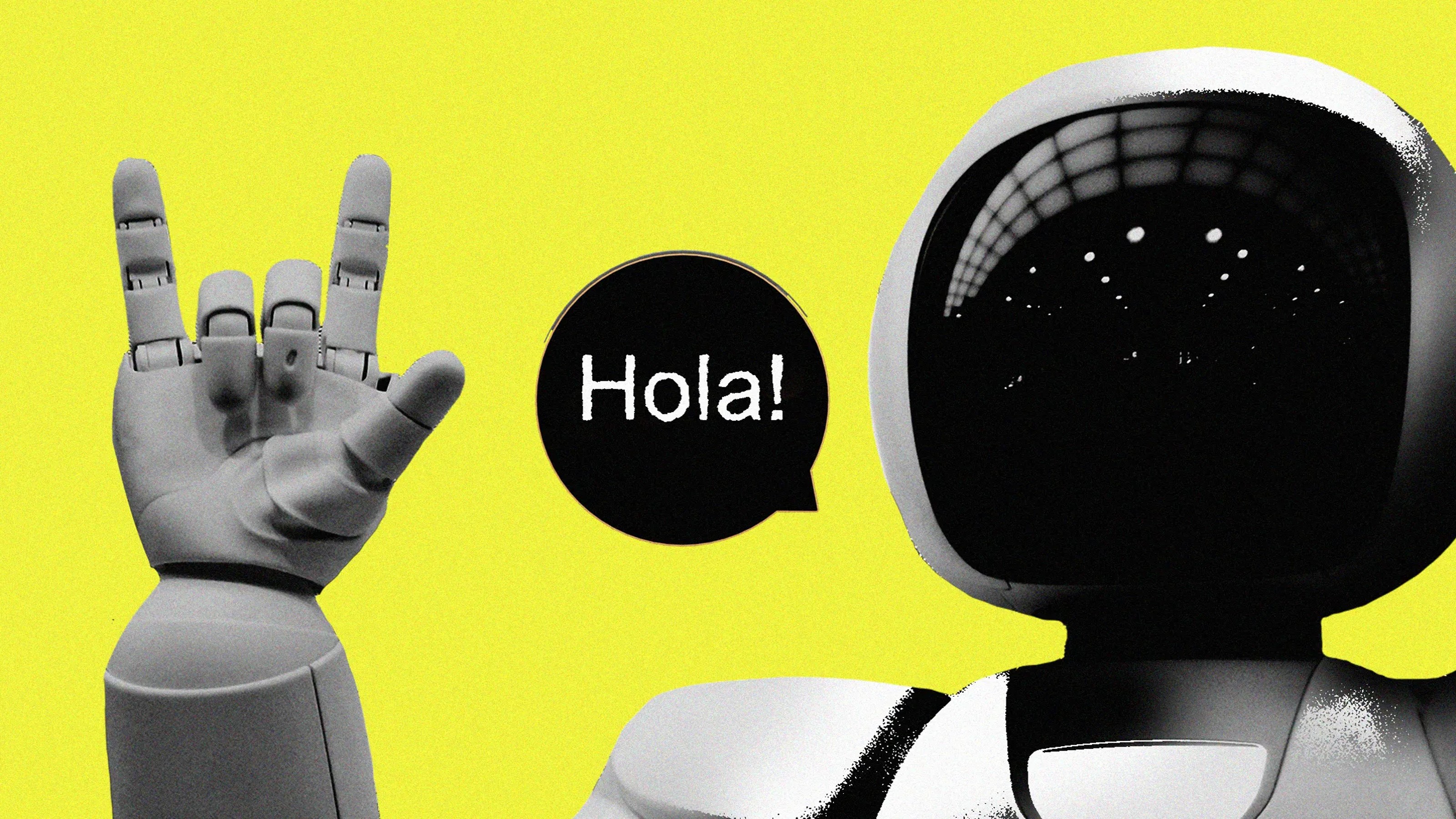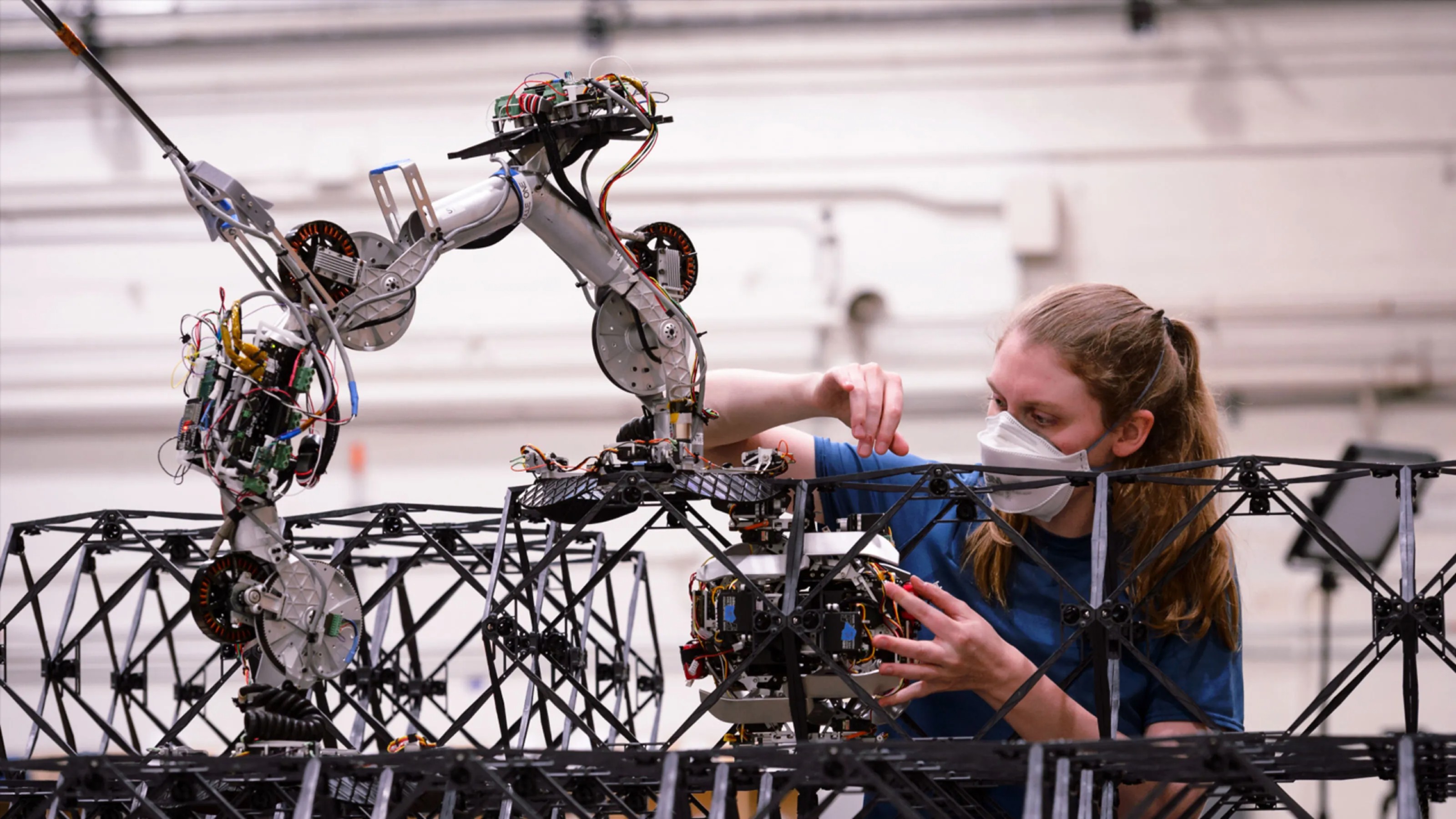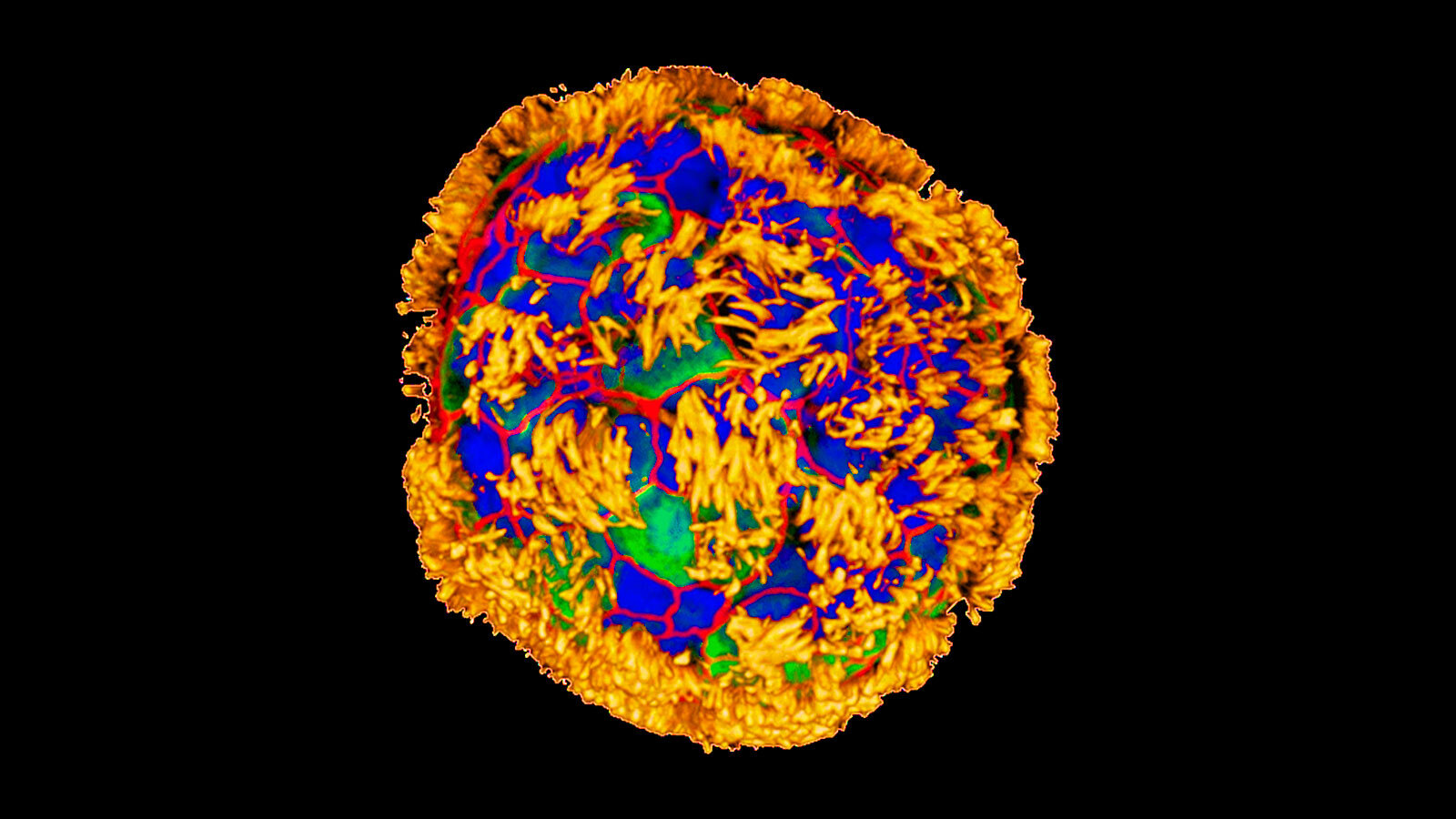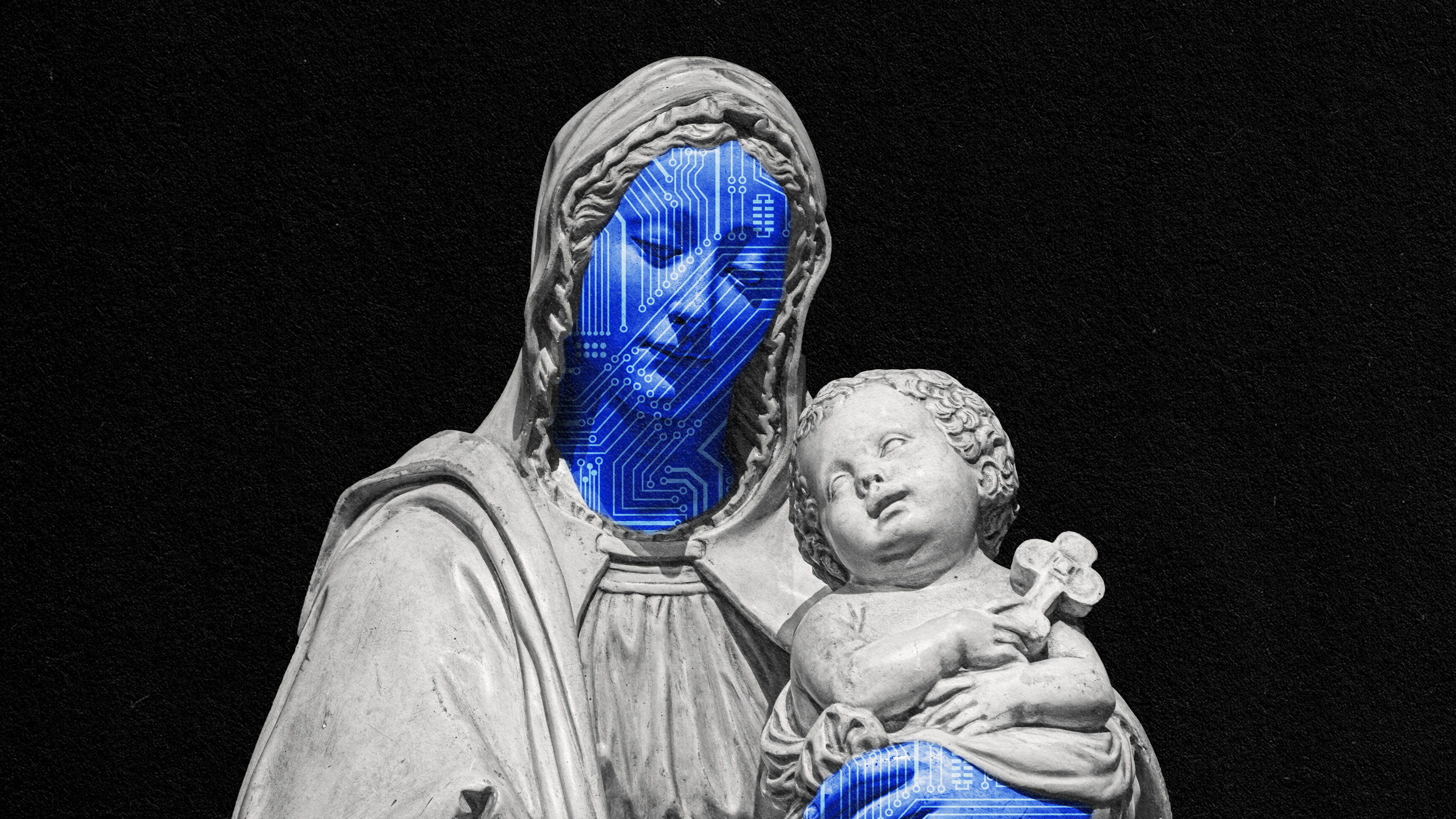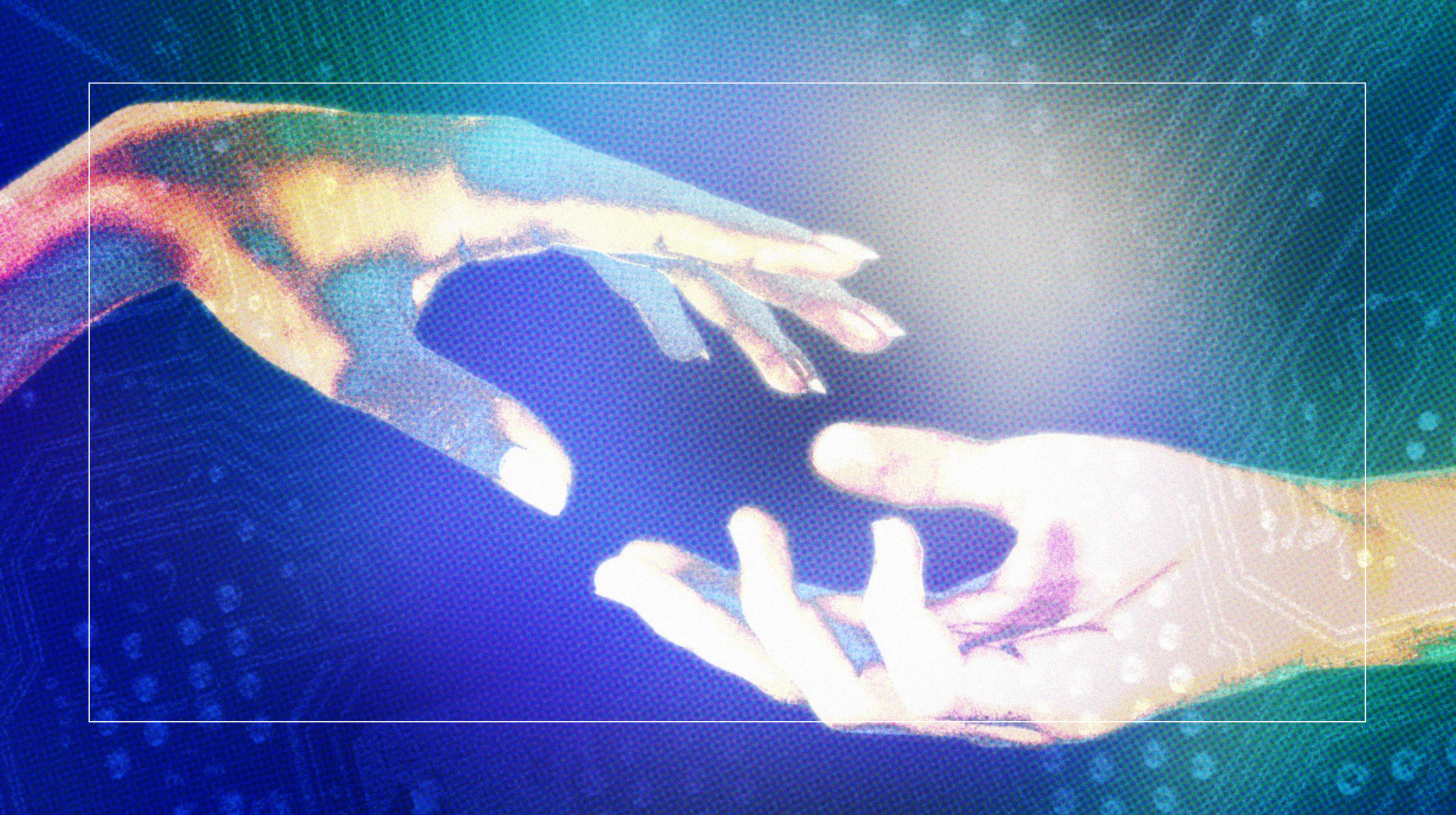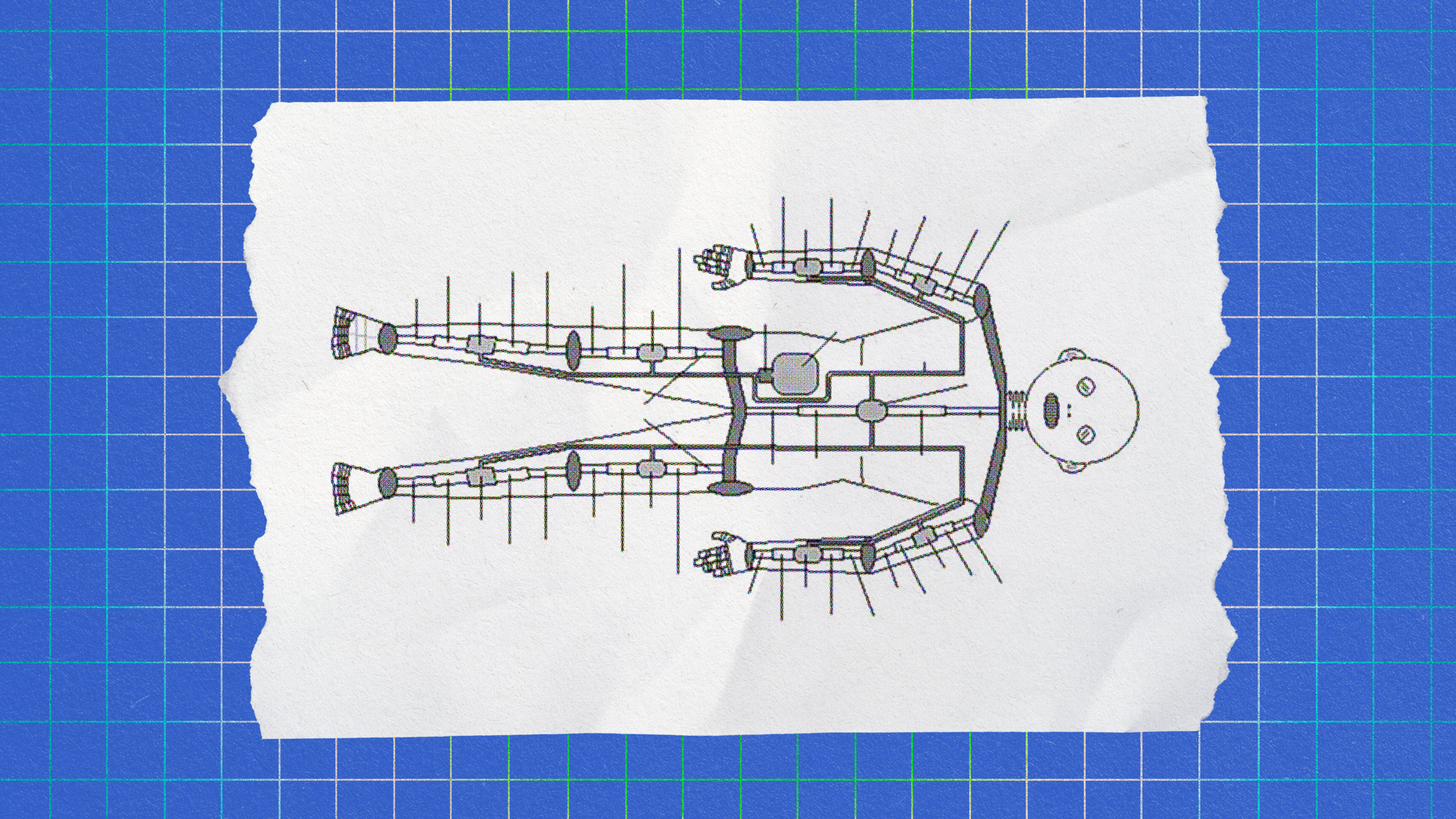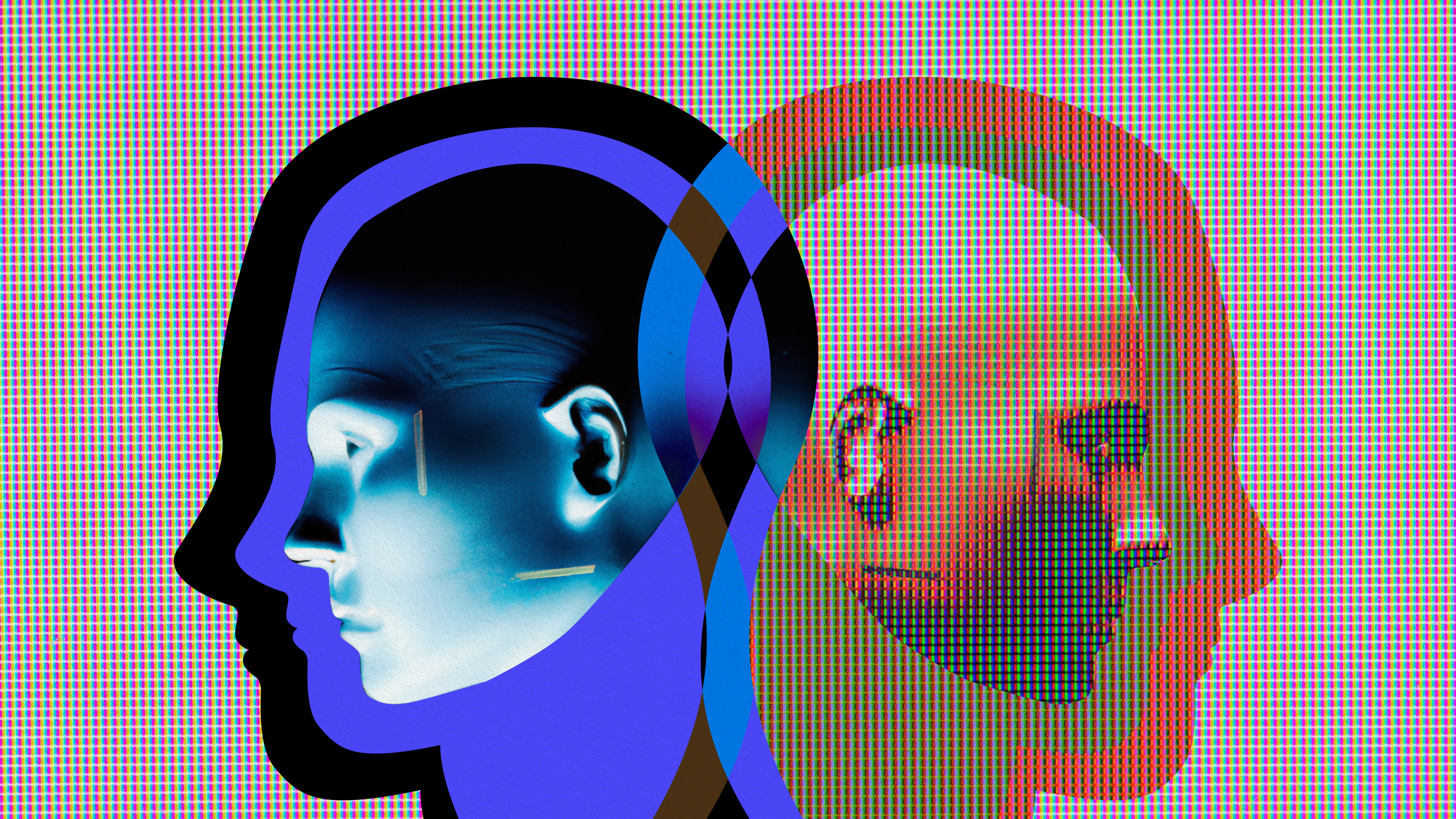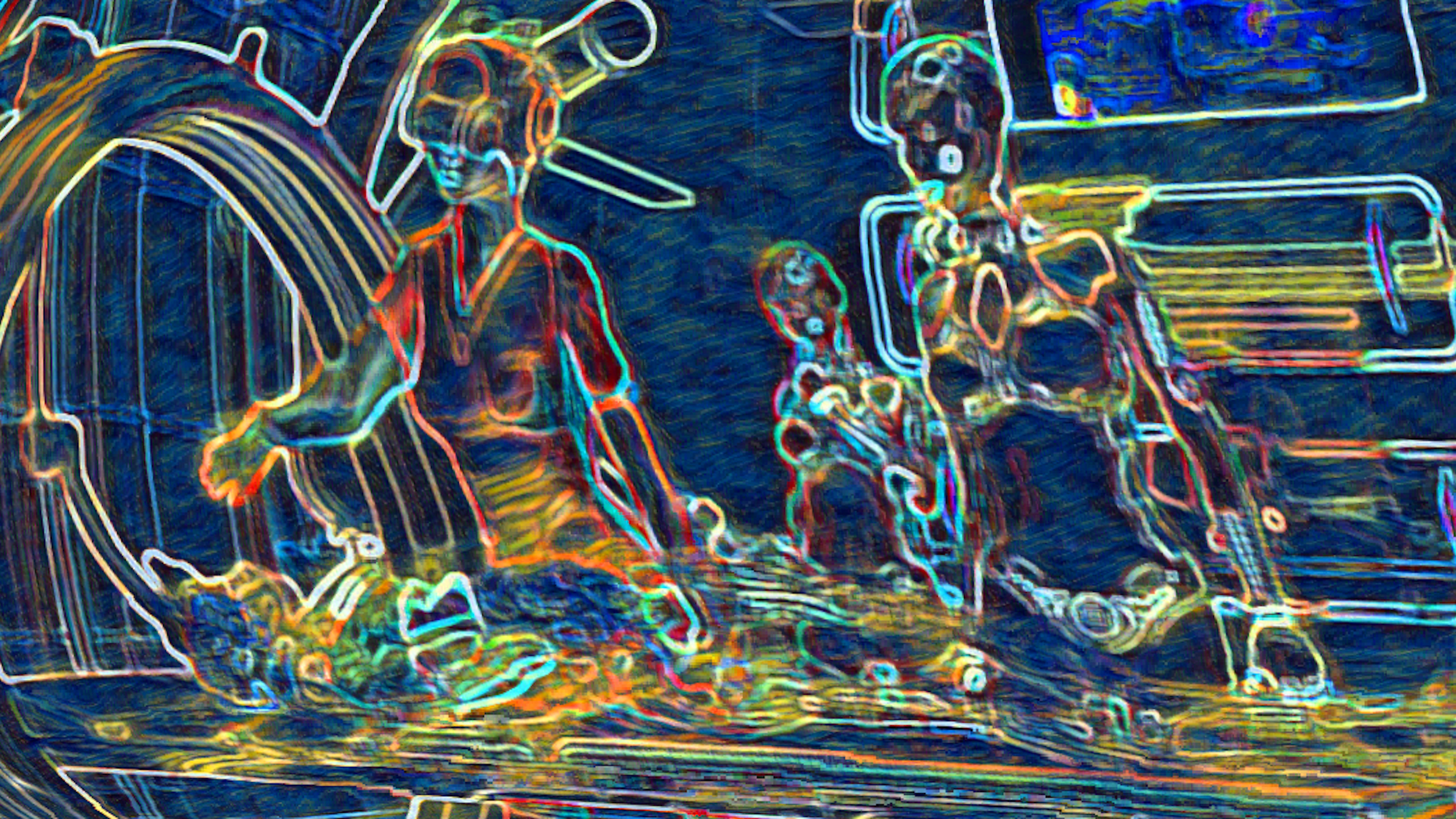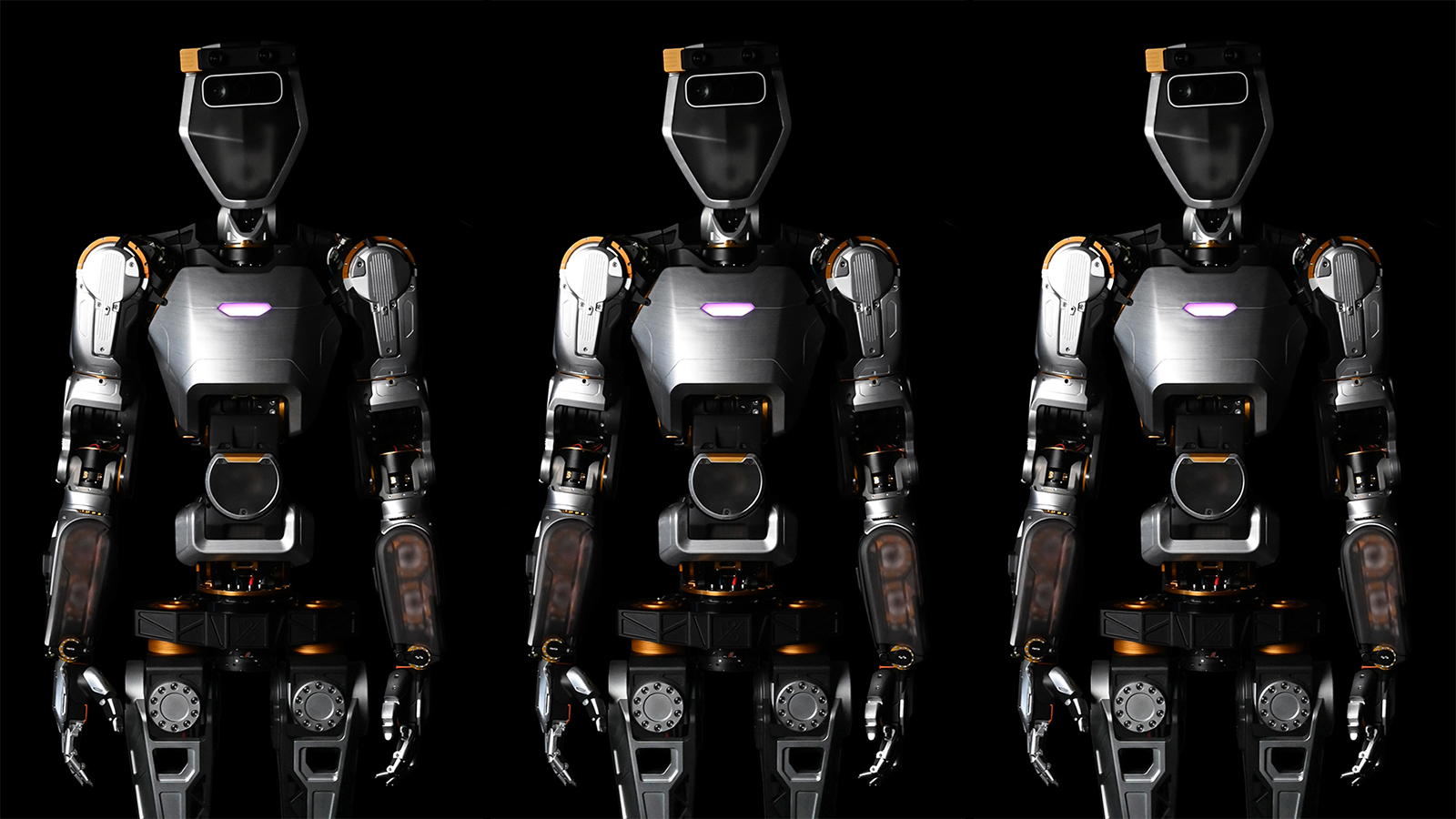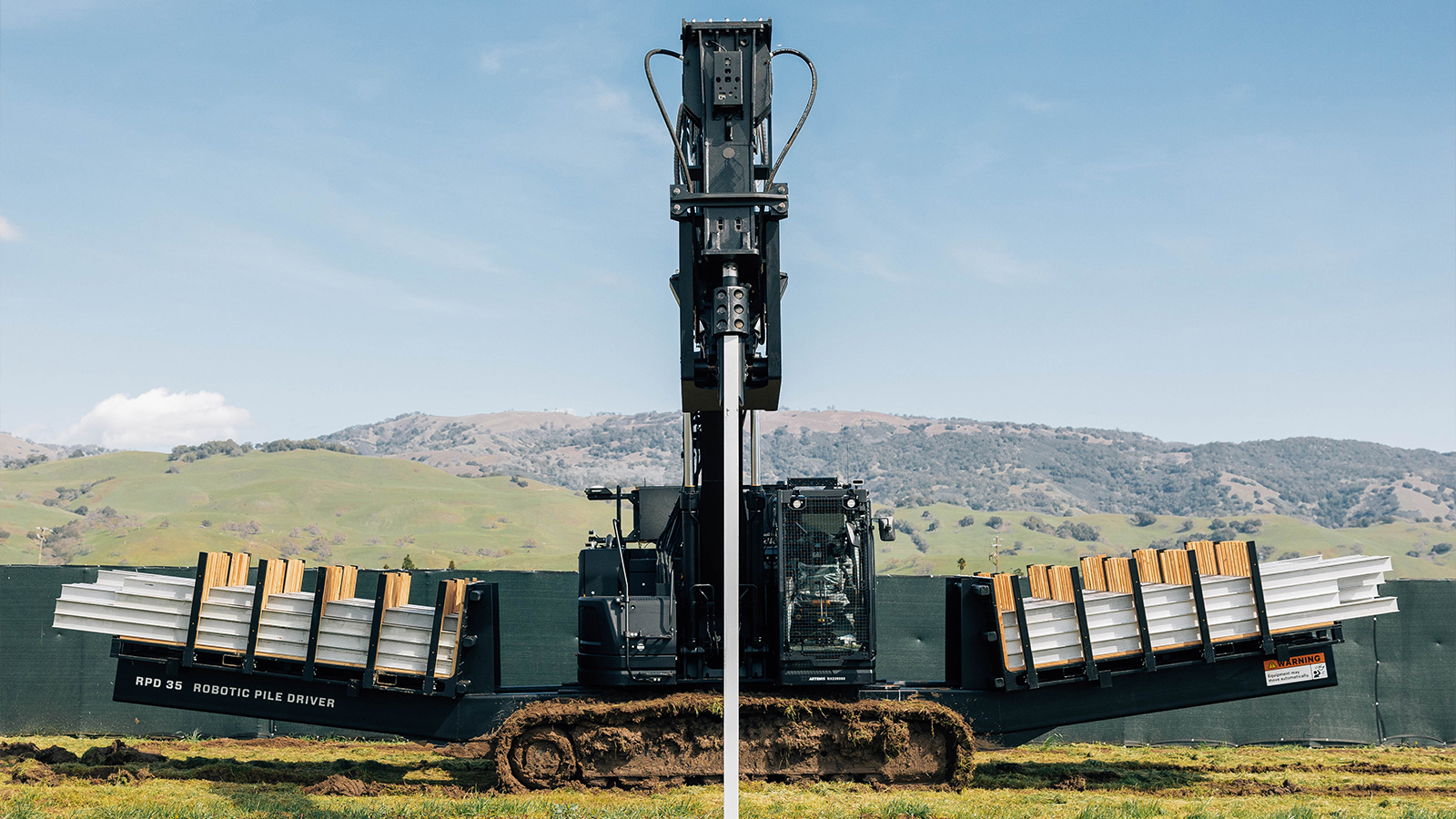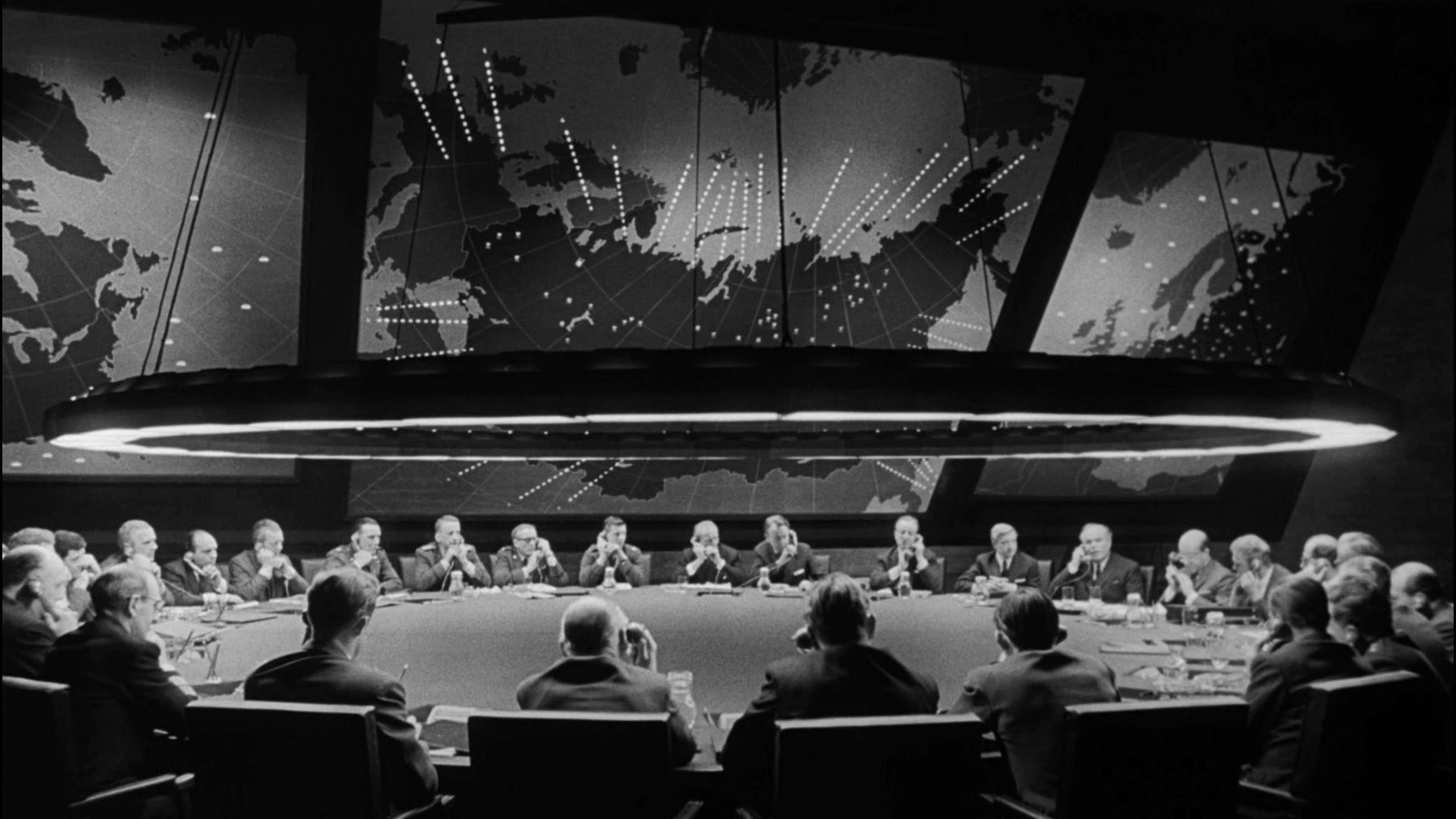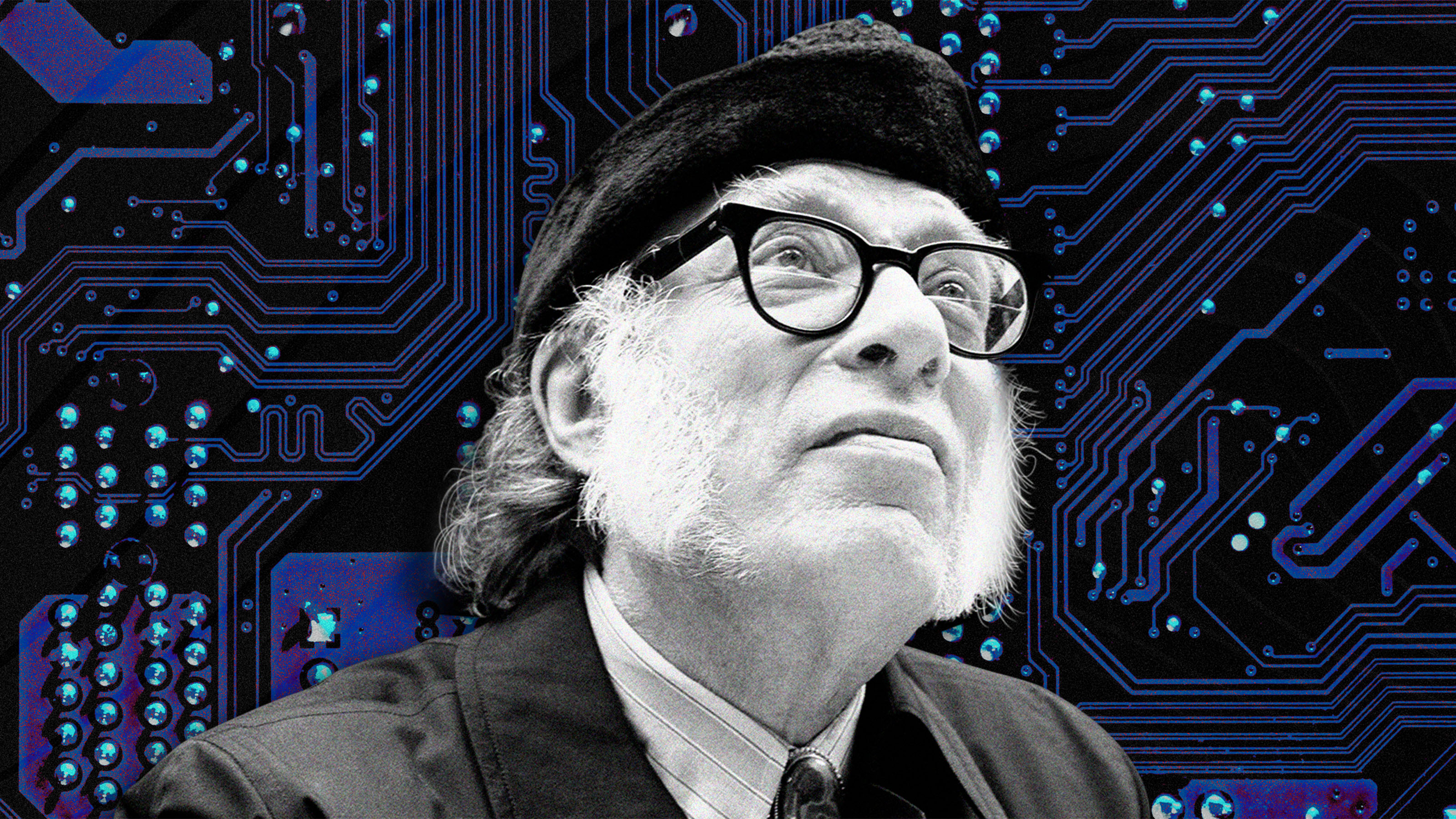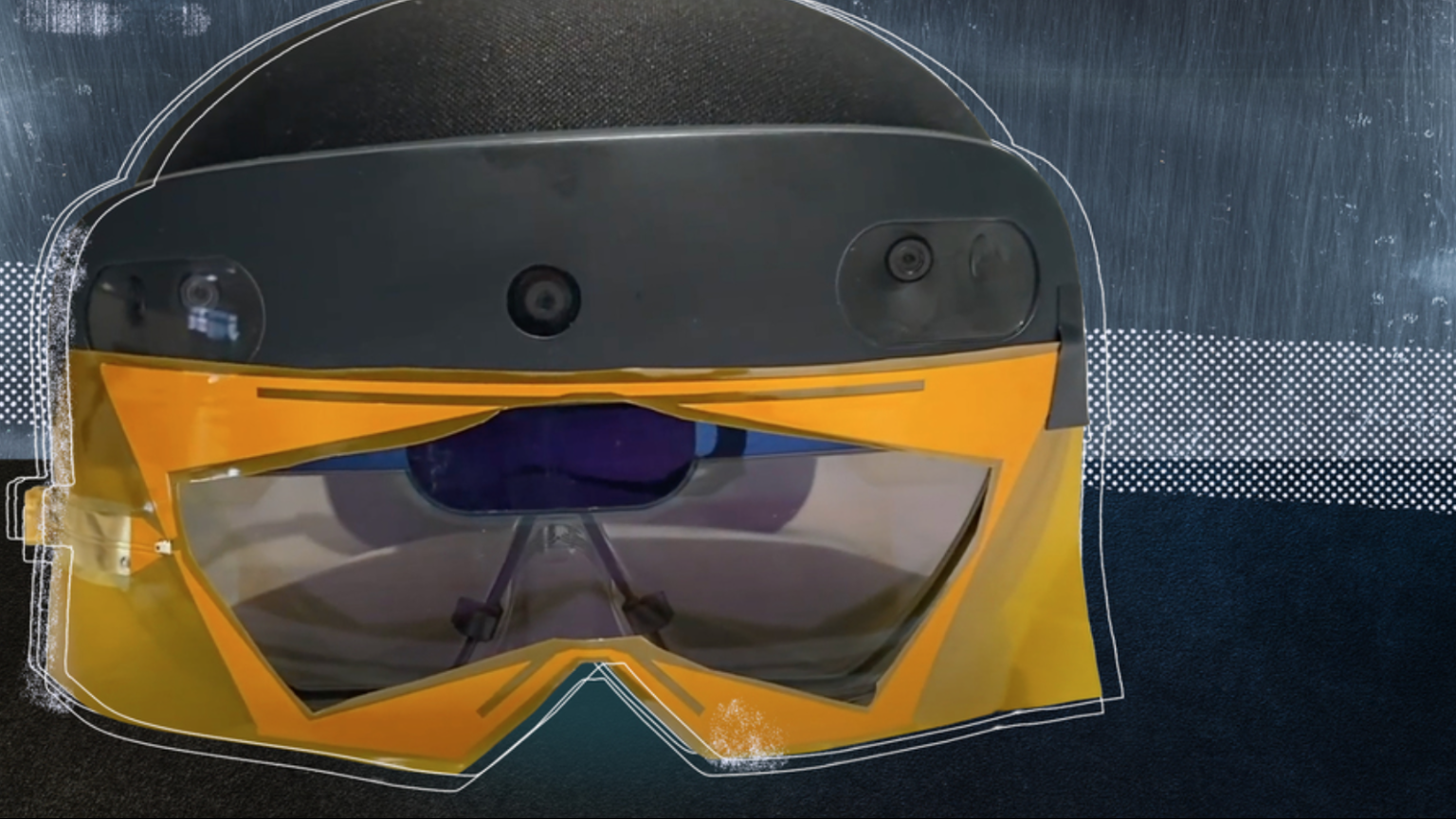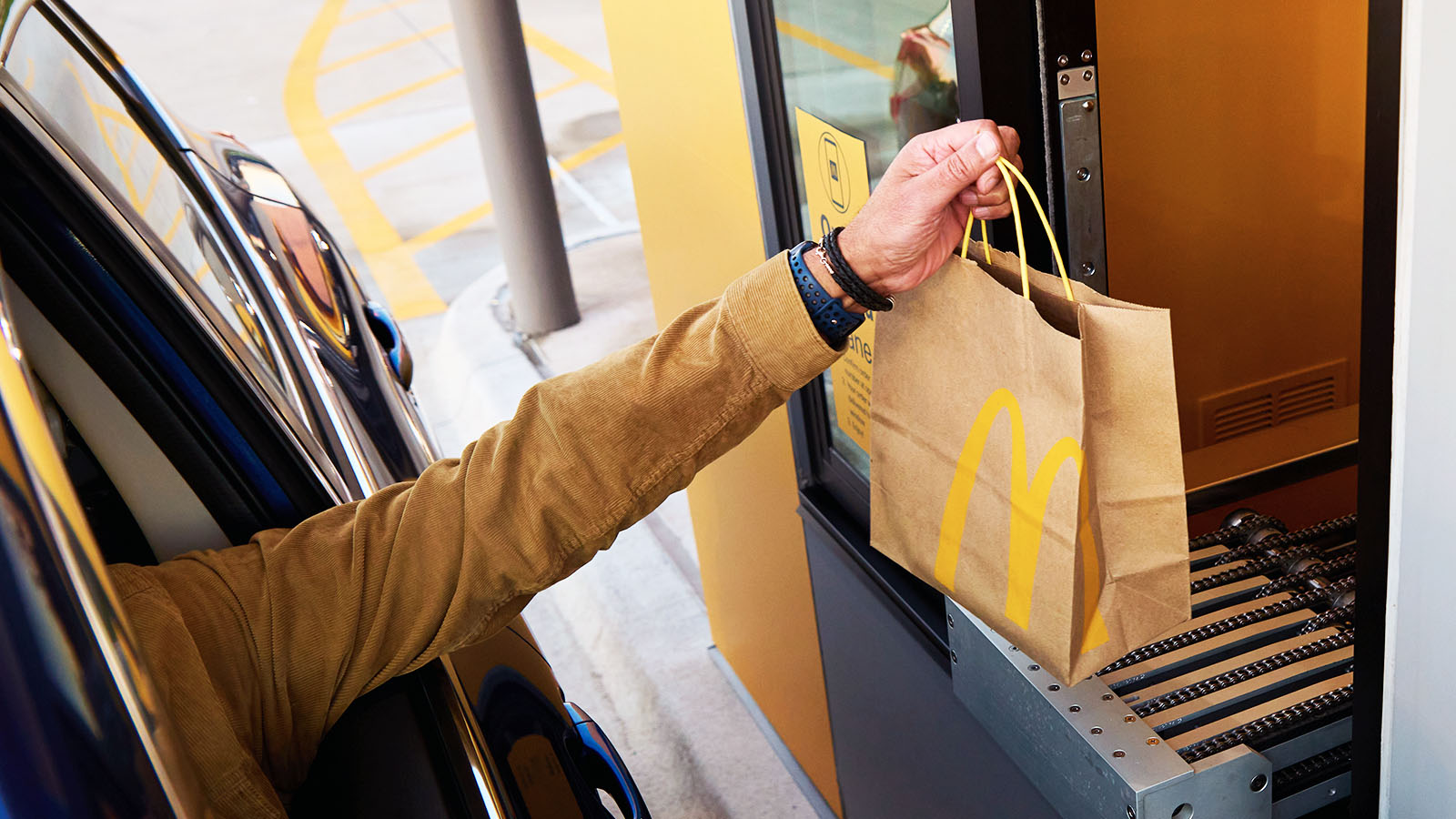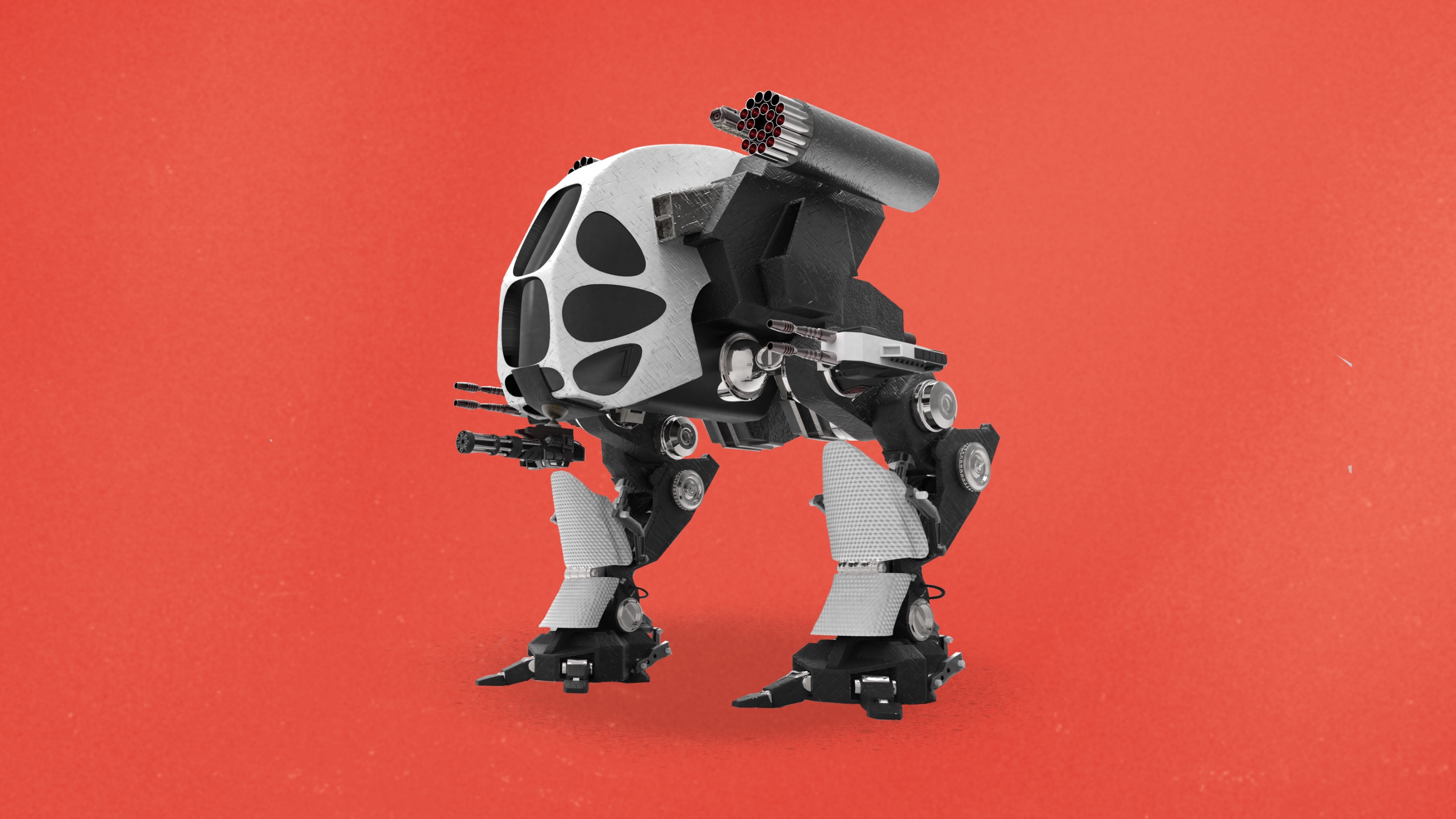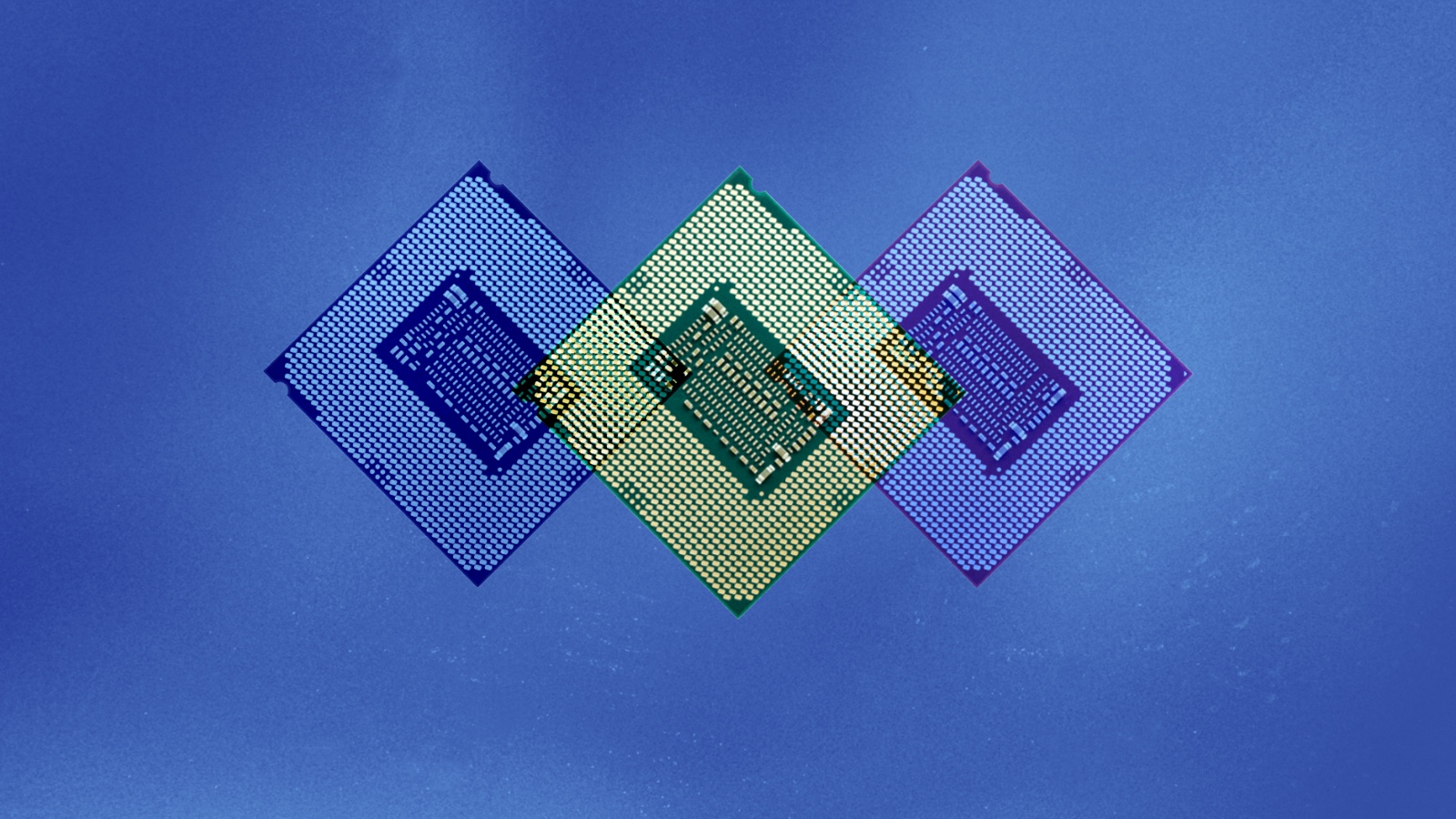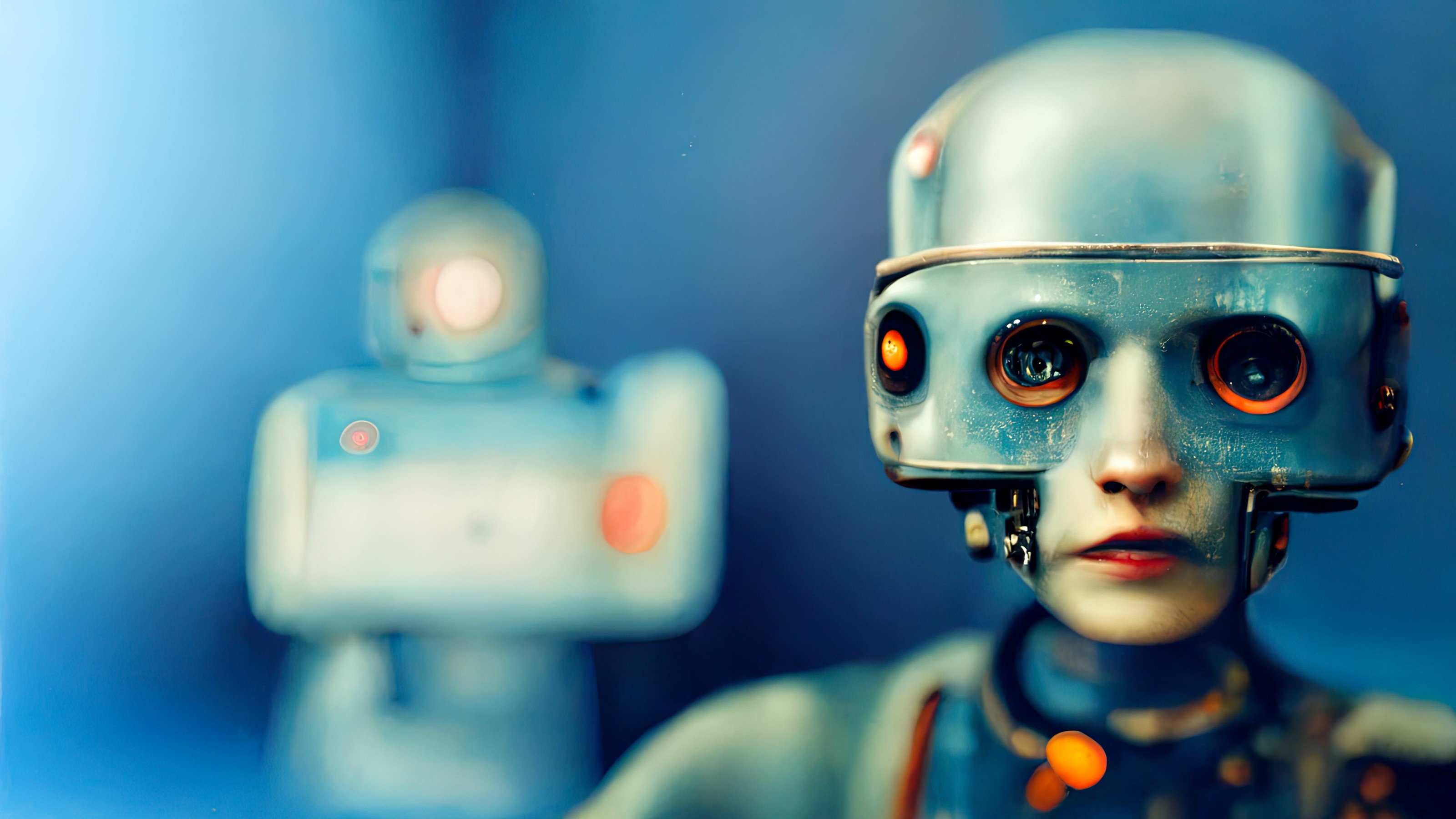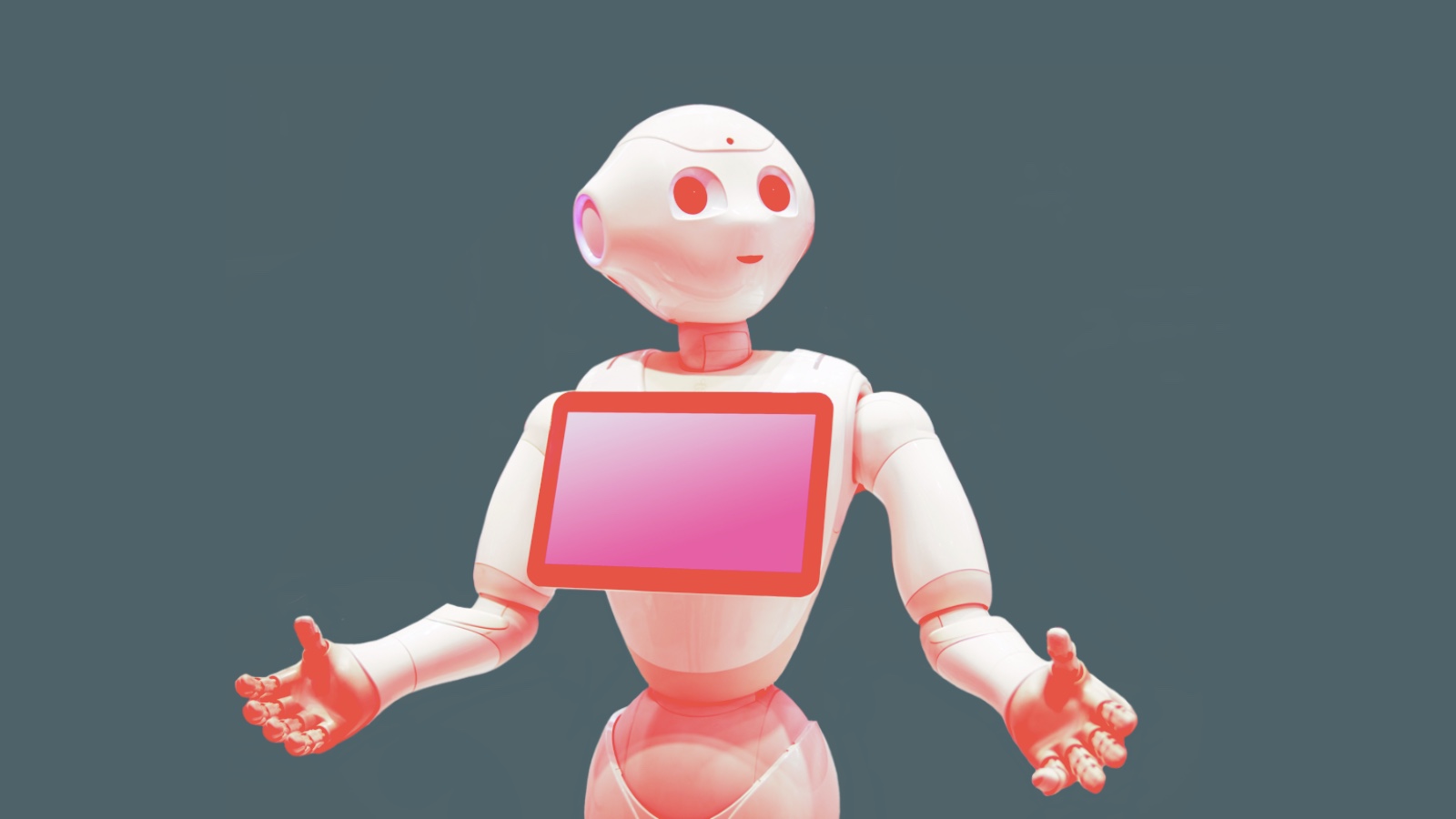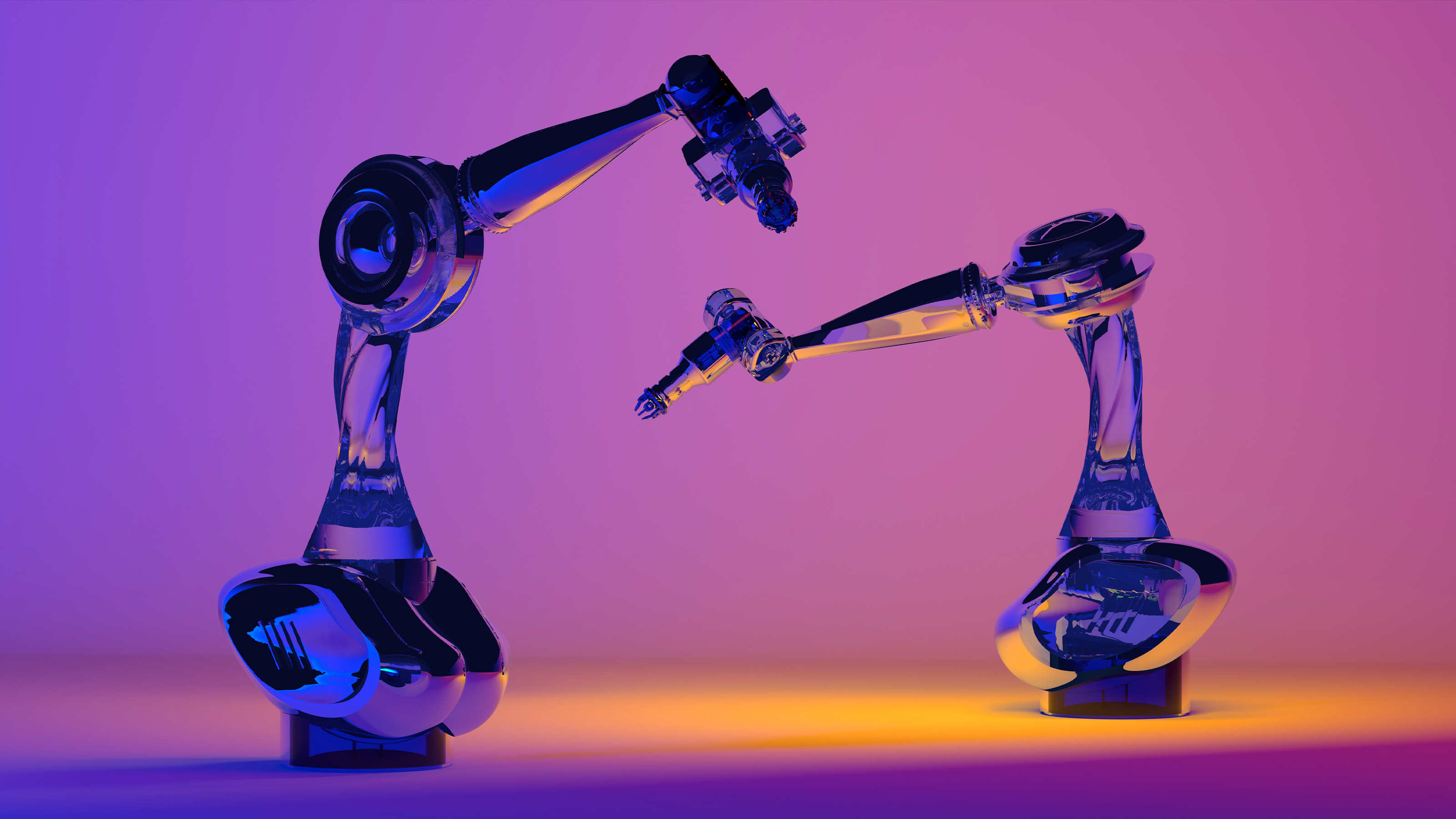robotics
By looking back at future dreams we can see our current hopes and visions in a whole new light.
In the international competition, people with physical disabilities put state-of-the-art devices to the test as they race to complete the tasks of everyday life.
Welcome to The Nightcrawler — a weekly newsletter from Eric Markowitz covering tech, innovation, and long-term thinking.
As creatures and machines meld together in increasingly advanced forms, ethicists are starting to take note.
If the past is any guide, things are going to take off quickly.
We may be on the brink of finally seeing human-level intelligence in an AI — thanks to robots.
People who have a regional accent might prefer robots who speak like them over generic voices.
NASA gave three robots plans for a moon shelter, and the robots figured out how to build it.
Meta and NYU’s robot can navigate and clean rooms it’s never seen before.
The bots started as windpipe cells, yet they helped nerve cells repair and grow.
New tech is a double-edged sword. Integration can be expensive and perilous: Mess up the adoption and jobs are on the line.
Wherever automation rises, religiosity falls.
Sophia, the humanoid robot, is not just mirroring emotions; she’s leading a revolution in emotional intelligence.
In history, every major technological advance has been used, for good and bad.
The idea that consciousness emerges naturally alongside intelligence could be an anthropocentric distortion.
From cosmetic procedures to heart operations, the introduction of AI will create an ethical minefield.
Named “Phoenix,” this AI-powered humanoid could be your next coworker.
The robot can drive heavy steal beams into the ground at a rate of 1 per 73 seconds, which will help expedite solar farm construction.
As AI evolves — and more robotic warfare systems are deployed — the nature of conflict could change beyond recognition.
Robots must identify themselves.
Modern robotics are creating a kind of cultural paradox, where the best religion is the one that eventually involves no humans at all.
“It can truly allow you to see the physical world in ways that were not possible before.”
In a state of “hyperwar,” accidents or unexpected AI decisions could lead to widespread devastation before humans could intervene.
Automation could help fix the company’s financial troubles.
The automated McDonald’s has a staff comparable to other stores. But the crew members are all focused on making and packaging orders instead of delivering them.
“Lethal autonomous weapon” sounds friendlier than “killer robot.”
Flexible organic circuits might someday hook right into your head.
In the future, people may look back with horror at how humans treated AI in the 21st century.
More than any other nation, Japan tends to feel comfortable with the idea of humanoid robots entering the home.
Living is about staying busy.

